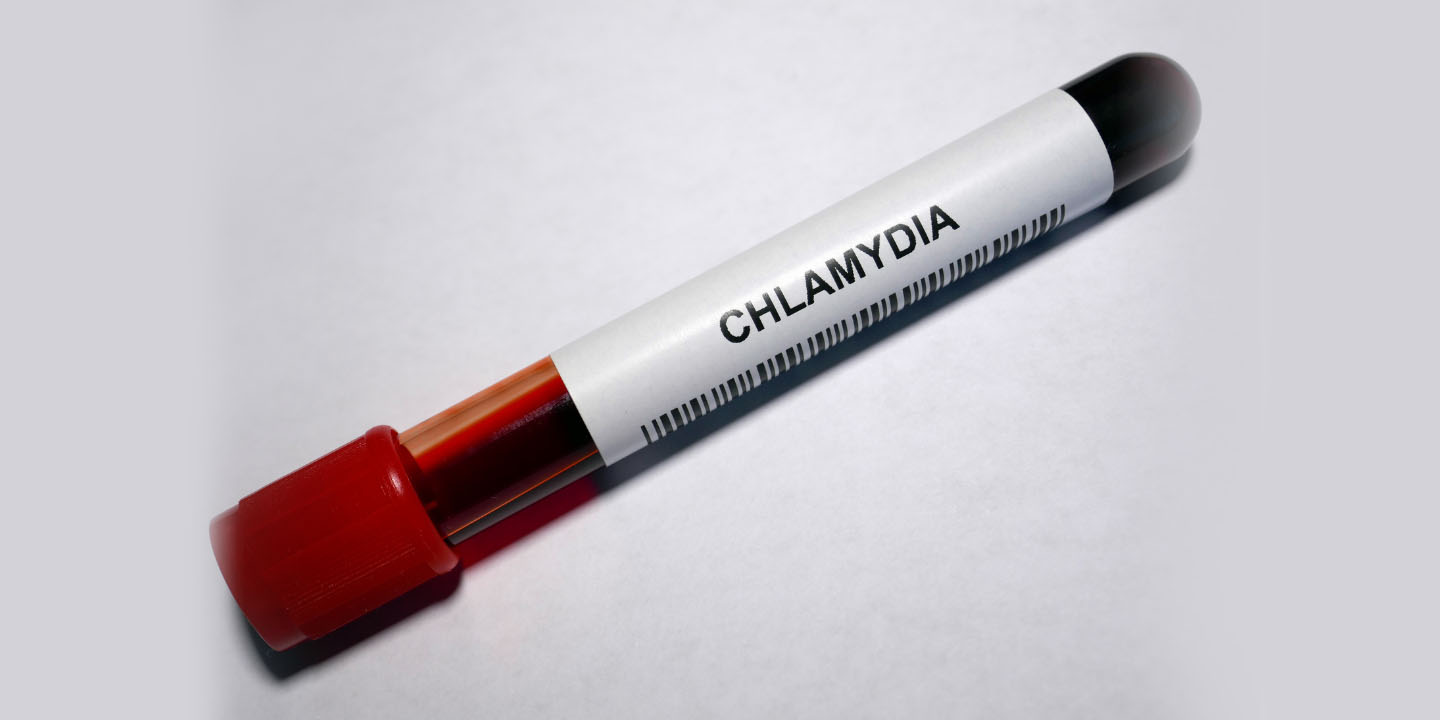
A complete blood count or CBC test during pregnancy evaluates the mother’s entire blood count and determines underlying disorders and conditions. A CBC blood test assists the doctor in assessing your health by measuring blood components. Tests are performed in the post weeks of pregnancy, such as before 12 weeks. They repeated several times in the later weeks to check maternal well-being. Learn more about complete blood test during pregnancy and how doctors interpret the results.
In this Article
CBC Test Pregnancy
In the early stages of pregnancy, a Complete Blood Count (CBC) test is performed to determine any health abnormalities that the pregnant mother may have developed. This test keeps track of the red blood cells that transport oxygen throughout the body. Iron supplements may be suggested if your blood iron levels are low. The CBC blood test pregnancy also counts red blood cells, white blood cells, and platelets.
“This test ensures maternal and fetal health, detects potential complications, and guides care.”
Related Blog – Random Blood Sugar Test in Pregnancy: Normal Range, Procedure, Cost
Why Is A Complete Blood Count Test Required?
It is required because it aids in the diagnosis of diseases or infections in the pregnant woman. Test analyses the count of all three kinds of blood cells, an overall picture of the expecting mother’s health can be derived. This blood test pregnancy CBC is extremely important to assess the comprehensive health of the mother and identify the presence of viruses, if any, in her body. The CBC pregnancy normal values are taken as an indication that the health of both the mother and the baby is good.
What Does Complete Blood Count Test Measure?
- RBC (Red Blood Cells)
The quantities of red blood cells and hemoglobin in the mother’s blood can reflect her ability to transport oxygen to the fetus via blood. Pregnant women with low hemoglobin levels are prone to exhaustion and illness. To remedy this problem, iron supplements are advised.
- WBC (White Blood Cells)
White blood cells are essential in the human body, particularly during pregnancy. WBCs are classified into five types: basophils, neutrophils, eosinophils, lymphocytes, and monocytes. All of these are vital components of the immune system, which is mainly accountable for keeping the mother and infant free of infection. This also determines whether or not the mother has any blood-related disorders, such as sickle cell anemia or leukemia.
- Platelets
Platelets comprise the triad of blood cell types and are the smallest of the three; nonetheless, their importance is enormous. Platelets are in charge of blood clotting. If the platelet count is too low, the blood will not clot quickly enough, whereas a high level indicates that the mother is vulnerable to internal clots in the blood and hemorrhages.
- Hb/Hgb hemoglobin
Haemoglobin is the oxygen-carrying protein in your blood.
- Hematocrit (Hct)
Hematocrit (Hct) is a measurement of the percentage of red blood cells in your blood.
- MCV (Mean Corpuscular Volume)
The MCV test determines the average size of your red blood cells.
Related Blog – Double Marker Test in Pregnancy: Normal Range, Procedure, Cost
Interpretation Of CBC Pregnancy Test Results
The test results aid in the early detection of diseases in pregnant women. CBC pregnancy normal values are as follows
Infections are more likely if your WBC count is low. Cells per microliter (cells/mcL) in the typical range is from 4,500 to 10,000.
You may develop anemia if your RBC count is low. The normal CBC in pregnancy RBC range from 4.1 million to 5.1 million cells/mcL for women.
The typical range of hemoglobin is 14 to 17.5 grams per deciliter (gm/dL) for men and 12.3 to 15.3 gm/dL for women.
A low Hct range scale score may indicate iron insufficiency. A high score could indicate dehydration. For women, the range is 36.9% to 44.6%.
Your MCV increases if your RBCs are larger than normal. This could happen if you are deficient in vitamin B12 or folate. You may have anemia if your red blood cells are smaller. MCV scores full blood count normal range vary from 80 to 96.
The full blood count normal range for platelets is 150,000 to 450,000 platelets/mcL.
Related Blog – Random Blood Sugar Test in Pregnancy: Normal Range, Procedure, Cost
Complete Blood Count Normal Ranges Chart
| Parameter | Males | Females |
|---|---|---|
| Hemoglobin (g/dL) | 13.6 to 16.9 | 11.9 to 14.8 |
| Hematocrit (%) | 40 to 50 | 35 to 43 |
| RBC count (×106/microL) | 4.2 to 5.7 | 3.8 to 5.0 |
| MCV (fL) | 82.5 to 98 | |
| MCHC | 32.5 to 35.2 | |
| RDW (%) | 11.4 to 13.5 | |
| Reticulocyte count (×103/microL or ×109/L) | 16 to 130 | 16 to 98 |
| Platelet count (×103/microL) | 152 to 324 | 153 to 361 |
| WBC count (×103/microL) | 3.8 to 10.4 | |
Cost Of Complete Blood Count (CBC) Test
The cost of a Complete Blood Count (CBC) test in India varies depending on a number of criteria, including the city, laboratory, or diagnostic center, and the specific package or facilities provided. In India, the average cost of a CBC test ranges between INR 200 and INR 800.
Takeaway
The test assesses a mother’s entire blood count in order to identify any underlying diseases or anomalies. It is typically performed before the 12th week of pregnancy, however, it can be performed at any time during the pregnancy to assess maternal health. If you experience a fever, tiredness, weakness, or other symptoms while pregnant, your doctor may request a test to establish the cause.













































































































































































